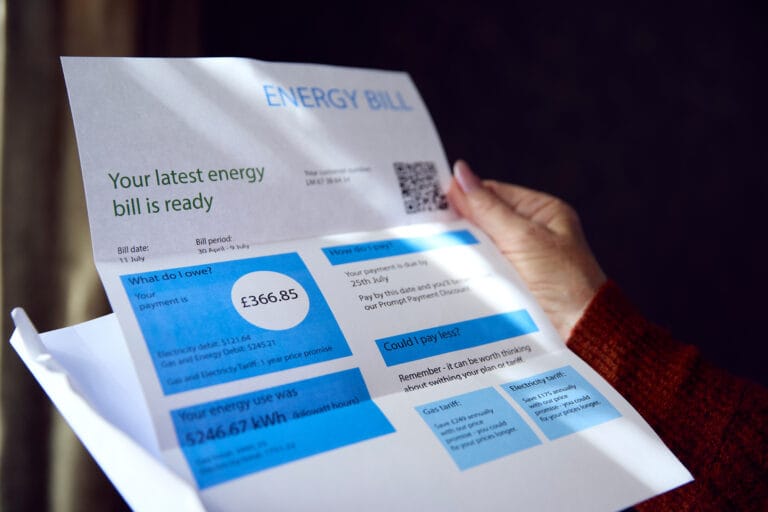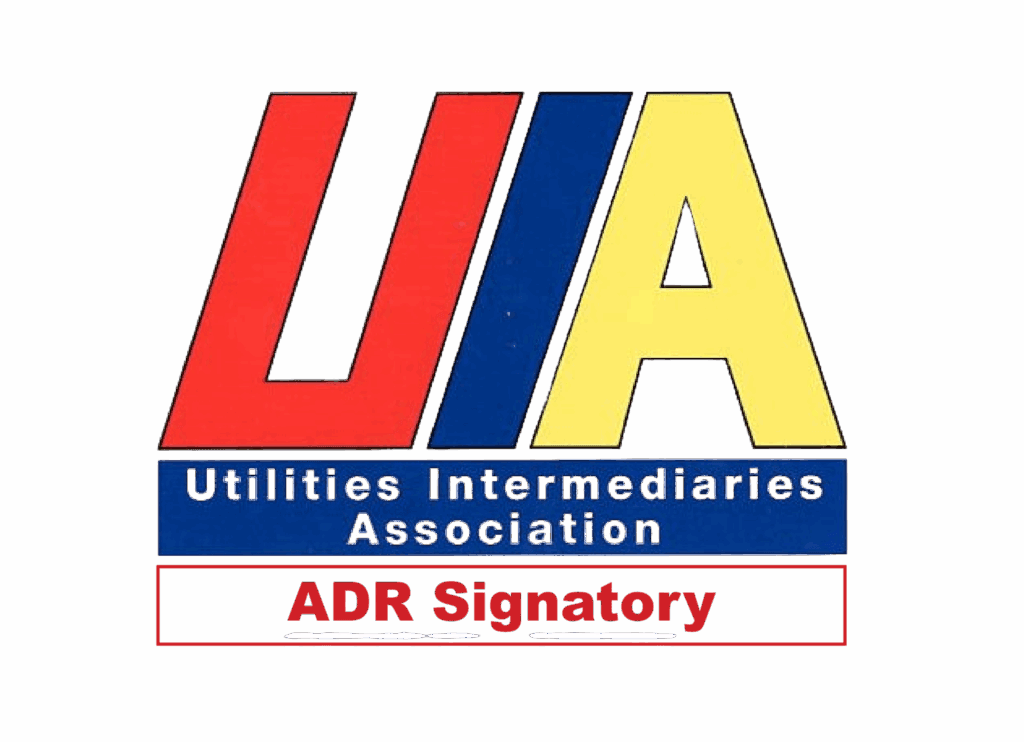It’s beginning to look a lot like Christmas, the streets are busy, shops are bustling, and business is booming. One of the biggest challenges many businesses will face this Christmas comes at the end of each day when you’re faced with the task of dealing with your waste. Waste management is one of the least glamorous but most important aspects of running a successful business.
What is Business Waste?
Business waste refers to the waste product produced by commercial entities such as Offices, Beauty Salons, Hotels and Restaurants. Tackling business waste is crucial as it makes up around 25% of England’s total waste every year.
The type of commercial waste produced by a business will depend on the kind of business they are involved in, which also impacts how they will be required to collect, store and dispose of waste. Of the many different types of commercial waste, the most common are:
1. Clinical Waste
Clinical waste describes waste produced from the healthcare sector, including Beauty Therapists, Dentists, and Tattoo Parlours.
Clinical waste is more thoroughly controlled in terms of collection, storage, and waste because of the likelihood of Hazardous Waste and Offensive Waste.
i. Hazardous Waste:
Your business must handle hazardous waste in a way that ensures that no damage or harm can result from how it is stored. This falls under your duty of care.
ii. Offensive Waste:
Offensive waste is non-clinical, non-infections waste that does not contain pharmaceutical or chemical substances but might be offensive to those who come in contact with it.
For example, offensive waste may include:
- Outer dressings
- Protective clothing
- Laboratory waste
- Sanitary protection such as nappies, incontinence pads
2. Secure Document Shredding
Secure document shredding is the by-product of paper document waste that has been shredded. Businesses must do this to protect their data as well as their clients.
Does the Type of Waste Change how it should be stored?
Yes! How waste is stored depends on the type and amount. Figuring out how to do this and finding the right waste management service to help you can be time-consuming and costly. By contacting Reduce My Costs, we can conduct a free waste management audit to help you identify the simplest and most cost-effective way of managing your waste.
Why Compliance with Waste Regulation is Paramount for Your Business
Every Business in the UK has a duty of care that requires them to collect, store and dispose of their business waste safely. Failure to properly do each of these three steps can result in heavy fines.
Indeed, convictions for failure to comply with the Environmental Protection Act (1990) can result in heavy fines and even prosecution.
Why You Should Engage in Strategic Waste Management
How you handle your waste is something that many businesses fail to give adequate attention to. However, making the right strategic decisions when it comes to waste management could end up saving you thousands of pounds a year.
Making sure you use a waste disposal service that offers to recycle your waste can be an easy way to cut your overheads, as recycling your waste will ease your landfill tax.
How Reduce My Costs can help you manage your waste and reduce expenditure
We will conduct a free waste audit to understand:
- The types of waste your business is producing,
- The volume of waste produced,
- The rate at which waste is produced.
In so doing, we can identify the type of waste management your company needs. We believe that business waste solutions should be simple and stress-free. If you’re ready to take the next step, then get in touch for a free consultation and start your journey to making savings today.














